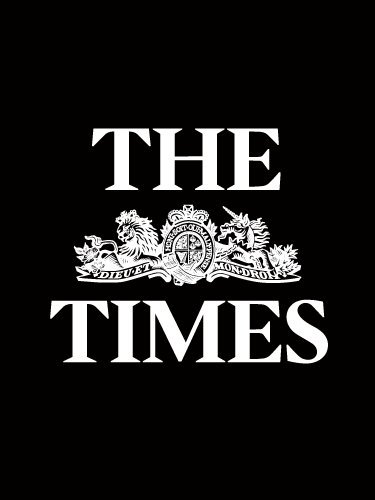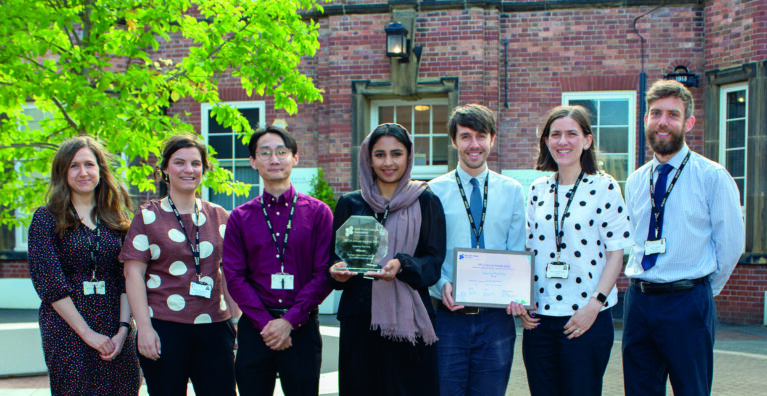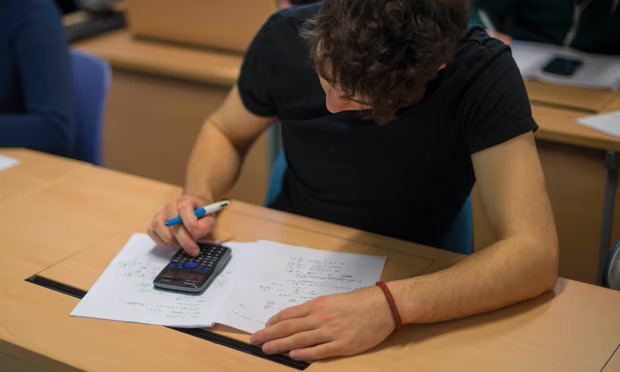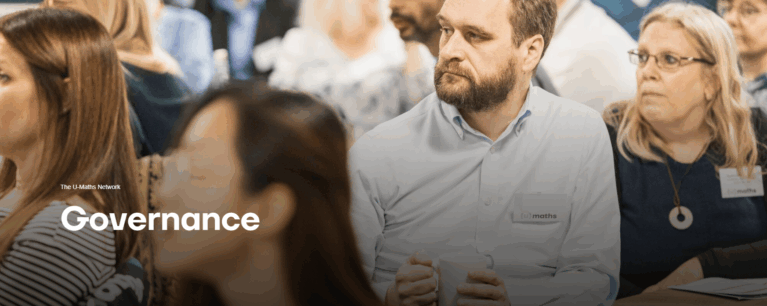Girls excel as maths schools multiply, October 2024
Nicola Woolcock Education Editor, The Times (Saturday October 5 2024)
The first maths school opened ten years ago, offering a handful of A-levels: maths, further maths, physics, economics and computer science.
This summer King’s College London Mathematics School achieved outstanding A-level results, thought to be the highest of any state or private school, with 76.2 per cent of all grades at A* and 99.5 per cent at A* to B grade.
Now its success is leading to a proliferation of similar state sixth-forms, and a surge in girls and women excelling at mathematics. Surrey Maths School has just opened and is run by Sahar Shillabeer and Nora Kettleborough, former assistant heads at King’s. It has 87 pupils in year 12, and 30 per cent of them are girls, all taking A-levels in maths and further maths as well as physics, economics, chemistry or computing.
Shillabeer has a master’s in maths education from University College London; Kettleborough has a master’s in physics from Imperial College London. They said: “Championing women in science, technology and maths (Stem) is at the top of our agenda.
We know representation matters and role models are important, but teaching in a gender-sensitive way is vital to female engagement and confidence in the Stem classroom. Our first big project was hosting 112 local students for a Women in Stem summer school before we even had a building.”
The school in Guildford has female maths, physics, economics and computer science teachers.
Eight maths sixth-forms are running in England, from Exeter to Lancaster, and three more have been approved in Nottingham, Aston and Durham, although some openings have been delayed. About 500 teenagers are studying in the institutions and the number is forecast to grow to 1,100 in a few years.
Pupils apply in the same way as to any sixth-form college but must have certain grades in maths and science at GCSE. The state schools for 16 to 19-year-olds intend to develop maths talent among those in which it might otherwise go undiscovered, particularly pupils from deprived families. They are founded by and linked to universities.
Maths is the most popular A-level, but the number studying maths at university has stalled and there are thousands of vacancies for maths graduates. Figures from Women into Science and Engineering show the number of women working in science and maths industries increased to more than a million in 2019, making up 24 per cent of the workforce, and it forecasts that this will increase to almost 30 per cent by 2030. However, this growth has not been equal across all industries, particularly engineering and ICT (information and communication technology).
The people behind the new schools hope to tackle those shortages. All pupils take part in research projects with universities and employers along-side their studies.
Pupils at Exeter, Liverpool and Lancaster maths schools achieved A* and A grades this year, on average about half a grade higher per A-level entry than expected from their GCSE results.
Cambridge Maths School, which opened in September last year, also offers biology A-level because of Cambridge University’s work on bringing together biological sciences and high level maths. It says new discoveries have revolutionised the fields of biomathematics and biotechnology and that offering biology has helped attract girls, who make up almost half its pupils. It also has a female head, Clare Hargraves, who said: “Maths schools like ours play a vital role in increasing the number of girls pursuing Stem by providing a focused and supportive environment that nurtures their talents and builds their confidence.”
Imperial College London Mathematics School opened in September last year and allows pupils to take a contrasting fourth subject of their choice, from 26 different A-levels offered at a partner college in north London.
Leeds Mathematics School also opened last year and has 167 pupils across years 12 and 13 who can take Mandarin along with Stem subjects. More than two fifths of its pupils are from deprived backgrounds.
Maths is second only to medicine in its impact on social mobility, with 42.5 per cent of maths graduates who had been on free school meals going on to be high earners. However, only 4.4 per cent of maths undergraduates had been eligible for free school meals, compared with 24 per cent nationally.
Dan Abramson, the founding head of King’s, said: “Mathematicians … have led some of the UK’s most important companies, and have an outsized impact on our economy.”
Share Article







